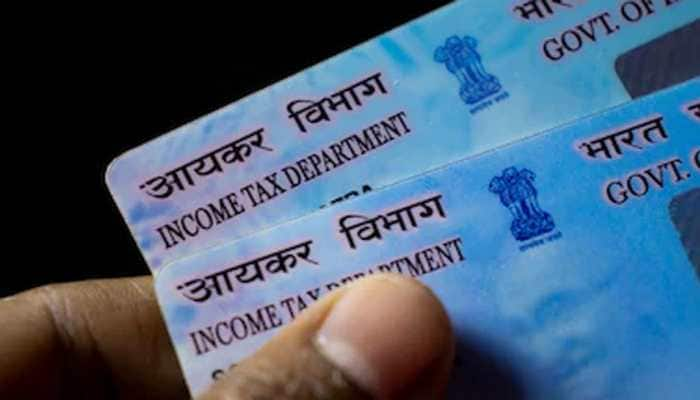Important for Modi government to heed RBI’s message: IMF chief economist
IMF's Chief Economist Maurice Obstfeld said the International Monetary Fund does not want politicians "manipulating" central banks for political ends.
Trending Photos
)
It is important for the Indian government to heed the RBI's message on financial stability, IMF's Chief Economist Maurice Obstfeld said Sunday, amidst reports of friction between the central bank and the Finance Ministry.
Addressing a group of journalists in Washington, he also said the International Monetary Fund does not want politicians "manipulating" central banks for political ends.
"There is debate over whether it's better for financial stability to be the remit of the central bank or an independent regulator...The UK in 1997, split them, then put them back together again. I'm not going to take a position on that...But I think...The central bank does have to be intimately concerned with financial stability to some degree and with the payment system," he said, responding to a specific question on the recent developments in India regarding the RBI and the government.
"We need to think about what is the best institutional framework in which financial policy can be set with regard to long term stability of the economy, not just to performance over political horizon," Obstfeld said.
"Well, I think they (the RBI and the Indian government) have reached an agreement on how to proceed. I think their (RBI) message that financial stability is important is correct. And it is important for the government to heed that," he added.
Responding to a series of questions on the attempt in certain countries like the US, India, Argentina and Turkey to curb independence of central banks, Obstfeld said central banks' role as a financial regulator is critical.
Central banks have "much greater power than you thought". They are fundamentally involved in financial stability policy, in fiscal policy, he said.
Obstfeld said if one looks at the record, the decisions taken by central banks worldwide did stabilise the economy by avoiding much worse losses in output and employment.
However, at the same time, he said, their moves also raised questions of transparency and accountability.
"So, it's not a shock that people raise these questions and it does create a challenge for central banks to be more transparent and to communicate more effectively with a broader public about what they are about and what they are doing," Obstfeld said.
If the central bank cannot communicate more effectively about what it is doing, then there is a possibility of political manipulation where politicians attack the central bank and undermine it, he said.
"Clearly, we don't want politicians manipulating the central bank for political ends," Obstfeld added.
After serving as IMF's Chief Economist for more than three years, 66-year-old Obstfeld is set to retire this month-end and will return to the University of California, Berkley. Gita Gopinath, Indian American economist from the Harvard University, would replace him from the first week of January.
Stay informed on all the latest news, real-time breaking news updates, and follow all the important headlines in india news and world News on Zee News.
Live Tv







)
)
)
)
)
)
)
)
)
)
